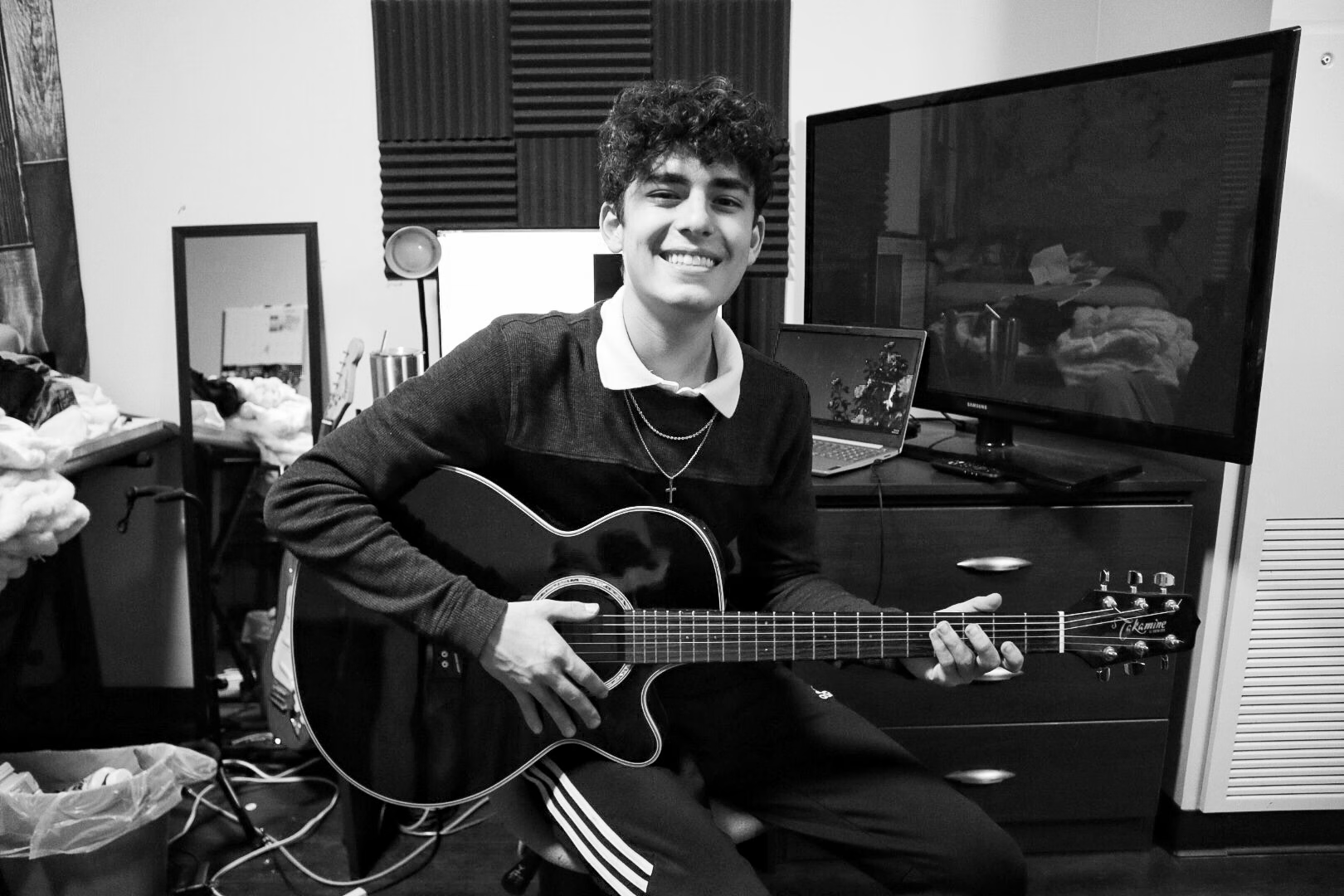By Gretchen Taylor
When Sydney Smith first took a Spanish class in fourth grade, she knew that she never wanted to stop learning the language. She also wanted to use it to help others, something she accomplished before she was 20 years old.
Sydney Smith is a sophomore at the University of Mississippi, from Murfreesboro, Tennessee. She has already made progress in the way of environmental conservation in Central America. Smith is currently planning an international webinar to advocate for youth conservation efforts; her existing accomplishments include translating news for over 120 different U.S. sectors of government.
Smith began studying the Spanish language in her public school system when she was only 9 years old. Now, she majors in International Studies through the Croft Institute at Ole Miss.
While taking a class in Croft, Sydney learned about environmental issues that affect a lot of Spanish-speaking countries. “In Spanish class we had talked about resource privatization and water crisis and how it affects a lot of more rural communities in certain countries,” she said. “I realized that this was going to become a very important sector of government in the future. That is why I got into it and found it so interesting.”
Shortly after learning about these crises, her interest spiked. She received an email detailing the internships that the U.S. government was offering for the 2022-2023 school year. One of these was through the U.S. Environmental Hub for Central America and the Caribbean. Smith found this one particularly interesting because it combined all of the skills that she had been perfecting in her classes with her high interest in environmental crises.
At first, she did not want to get her hopes up; only 960 positions were available and around 10,000 students applied that year. She was among them and, after going through several interviews, she got the position.
Her team includes three other students from Connecticut, Arizona and Costa Rica. They are led by two environmental specialists, both of whom are from and currently based in Costa Rica.
Immediately after getting this job, the team jumped right into the hard work. “The first thing we started on was news clips,” Smith said. “So we monitor news every other week for 21 countries in the Caribbean and Central America. Basically, we go through and find any news that is relevant to the environment, sustainable growth, technology, health and other science fields.
“Then we summarize these and send them to about 120 sub-offices of the U.S. government. That was the first project that we focused on.”
Throughout this year-long project, Smith has the role of translating every piece of news that is sent out to their sub-offices. They gather these news stories directly from the media in Spanish-speaking countries, meaning Smith must then read and translate every piece of information in order for it to be distributed throughout the United States in English. Those 120 different offices, full of workers and interns, rely on her ability to accurately translate this information.
In addition to this teamwide project, they are also currently working on getting more animals added to the endangered species list. “Right now,” she said, “we are doing a social media campaign because the State Department has proposed adding certain endangered species to the Cites Appendix 2, which basically protects animals at risk of extinction and puts trade restrictions on them so they cannot be exported or sold as pets or anything like that. For example, the North American sea turtle species, timber snake and a horned desert lizard; there are also sea cucumbers.”
If successful, Smith’s team will have played a large part in protecting animals in Central America that may have gone extinct otherwise.
Her team works on many projects together, such as the news clips, but team members also has their own individual projects for which they are responsible throughout the year. Smith’s revolves around planning a webinar that will highlight the importance of youth conservation efforts around the world.
“I am working on a virtual webinar targeting youth audiences,” she said. “It is basically having speakers talk about the importance of youth climate initiatives and how they can get involved in climate initiatives. It will end up being in April, for Youth Environmental education week, the week before Earth day.
“It will be through our Facebook and social media pages, and sign-ups will be available later to virtually attend. I direct the social media campaign and organize the webinar, so it’s kind of all on my shoulders for all of the information to be relayed smoothly.”
Smith works around 12 hours each week but has found it very helpful in polishing her Spanish speaking and writing, along with her teamwork skills. The team hopes to win the Ecological Blue Flag Award this year, given to one embassy for its conservation efforts and achievements from the year.
The team has been summarizing all of the events that the embassy has put on this year, including their projects and donation drives. They will then publish these summaries in a blue flag report, which will be sent to Washington and considered for the Blue Flag Award.
Smith hopes to one day work in Washington as a permanent member of the environmental conservation department. She is passionate about saving the planet and wants to encourage others, specifically younger generations, to get involved.
“That will always be a personal project for me,” she said, “and it is what I will always be most proud of.”




